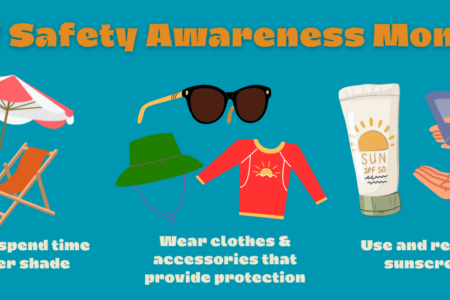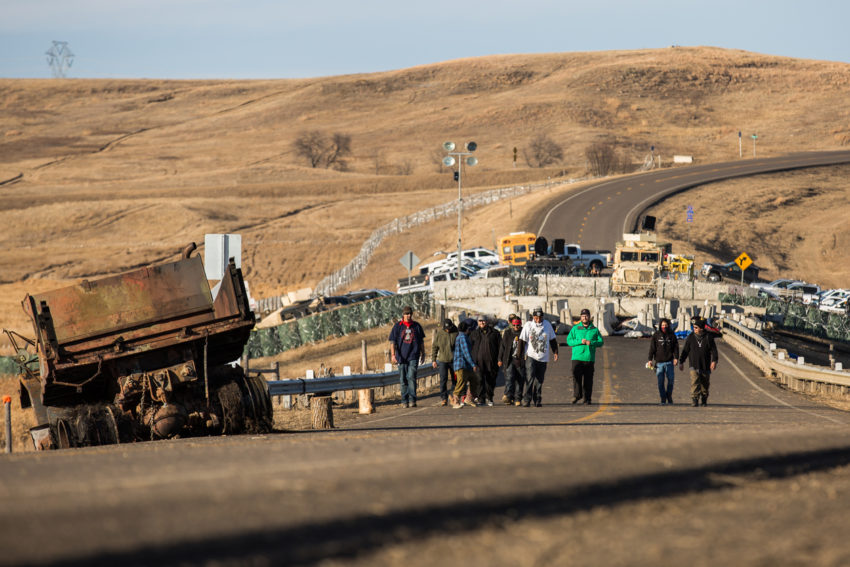
Share On Social!
For years, one disadvantaged community of color, the Standing Rock Sioux tribe, have been fighting a battle for their land against big oil.
The Dakota Access Pipeline is the center of that battle. The tribe urges—along with numerous environmental activists—for courts to halt its use. More than just an infringement on that territory, this issue raises numerous environmental concerns.
Despite some wins against Energy Transfer LP, the pipeline’s operators, courts are still allowing for the pipeline to remain operational during the suit’s proceedings.
Worse, as the COVID-19 pandemic continues to spread throughout the country, scientists and researchers are discovering more about how harmful environmental exposures, such as noxious fumes from oil, can impact those infected by the virus.
“The operation of the pipeline, on unceded lands yards upstream of the Standing Rock Sioux Reservation, compounds historical trauma and subjects the Tribes and their members to the stress of living under an existential catastrophe,” the tribes said in the brief, according to The Bismarck Tribune.
Fight Over Pipeline Operation
Earlier this month, Native American Tribes and Environmental groups experienced a major victory over energy companies.
Following a Montana federal judge’s ruling to stop the Keystone Pipeline, U.S. District Court Judge James Boasberg ruled to shut down the Dakota Access Pipeline on July 6, 2020. He did so based on a considerable amount of newfound data about the pipeline’s harmful impacts.
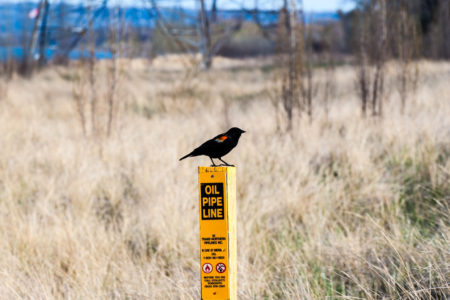 “Fearing severe environmental consequences, American Indian Tribes on nearby reservations have sought for several years to invalidate federal permits allowing the Dakota Access Pipeline to carry oil under the lake,” Boasberg wrote in his ruling. “Today they finally achieve that goal — at least for the time being.”
“Fearing severe environmental consequences, American Indian Tribes on nearby reservations have sought for several years to invalidate federal permits allowing the Dakota Access Pipeline to carry oil under the lake,” Boasberg wrote in his ruling. “Today they finally achieve that goal — at least for the time being.”
While there has been some back and forth over the pipeline’s operations, the most recent order stated that Energy Transfer LP should halt all operations, according to WFHB Public Radio.
During this shutdown, which is supposed to go into effect by Aug. 5, 2020, the courts decided that more research on the pipeline and its impacts was needed to make any further decisions.
Still, this is a big win after a series of environmental losses that have come with new legislation put forth by the Trump administration—such as toxic coal ash, poor air quality, noxious fumes, and harmful products—including the green light to develop the Dakota Access Pipeline in 2016.
Worse, these environmental rollbacks have harmful impacts on health — especially during the current pandemic.
Environmental, Health, and COVID-19 Concerns
In the areas where these pipelines operate, usually impacting communities of color especially the Native American community, water, and air supplies can become tainted.
“Lake Oahe is a large reservoir lying behind a dam on the Missouri River and stretching between North and South Dakota,” Boasberg wrote in his ruling. “Following multiple twists and turns in this long-running litigation, this Court recently found that Defendant U.S. Army Corps of Engineers had violated the National Environmental Policy Act when it granted an easement to Defendant-Intervenor Dakota Access, LLC to construct and operate a segment of that crude-oil pipeline running beneath the lake.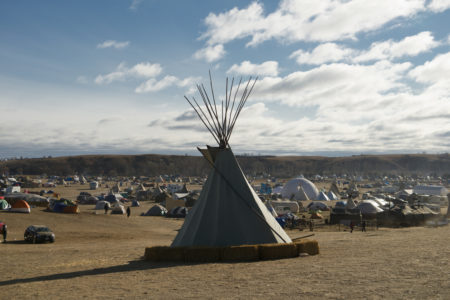
“This was because the Corps had failed to produce an Environmental Impact Statement despite conditions that triggered such a requirement.
Those kinds of pollution can impact numerous areas of health. From a broader perspective, this is an issue impacting Latinos as well.
Other environmental issues, such as energy plants and toxic exposure impact communities of color at marginally higher rates than their white peers. These kinds of pollutants, which can even include things such as tobacco smoke, have been linked to worse coronavirus outcomes.
It is critical that U.S. legislators and lawmakers take that into account, to Standing Rock Tribal Chairman Mike Faith.
“Today is a historic day for the Standing Rock Sioux Tribe and the many people who have supported us in the fight against the pipeline,” Faith wrote in a recent statement. “This pipeline should have never been built here. We told them that from the beginning.
What You Can Do
When it comes to environmental health, communities across the U.S. and the country at large are experiencing health concerns linked to pollution.
These issues are only making it harder for the federal government, local legislative bodies, and everyday people to handle and recover from the pandemic. Working with environmental groups
When it comes to the racial inequities that make environmental concerns more of an issue for some, one way to help is understanding the racial divide at large.
Check out stories of people who are overcoming biases or helping others do so:
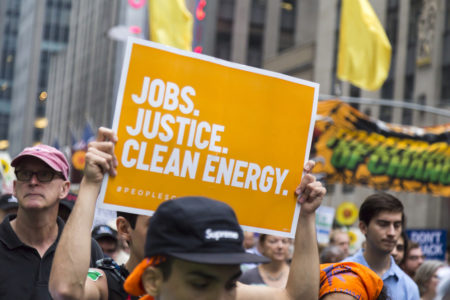
- Dr. Rogelio Saenz overcomes implicit bias growing up and in his career. He is a respected UT San Antonio researcher using data and demographics to push social justice solutions.
- Dr. Jabraan Pasha created a training workshop to spread awareness of implicit bias in healthcare.
- Kelly Capatosto and the Kirwan Institute are doing significant research and training on implicit bias.
You can also download the free Salud America! “Get Your City to Declare Racism a Public Health Crisis Action Pack” to start a conversation with city leaders for a resolution to declare racism a public health issue along with a commitment to take action to change policies and practices.
“It took four long years, but today justice has been served at Standing Rock,” Earthjustice attorney Jan Hasselman, who represents Standing Rock Sioux tribe, said in a recent blog post. “If the events of 2020 have taught us anything, it’s that health and justice must be prioritized early on in any decision-making process if we want to avoid a crisis later on.”
Explore More:
Healthy Families & SchoolsBy The Numbers
142
Percent
Expected rise in Latino cancer cases in coming years

